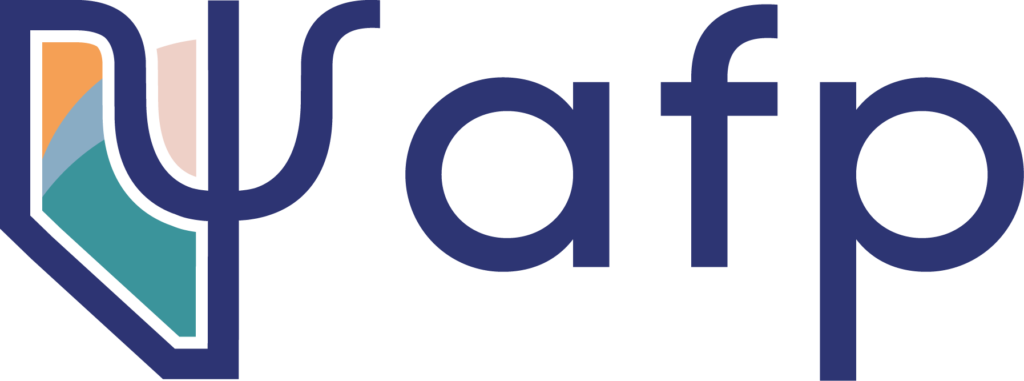If you’re scheduled for your first session for addiction counselling, it’s normal to feel nervous or anxious about what to expect. Your first addiction counselling session can be a significant step toward your recovery journey. We dive into more detail in this article. If you have any questions about addiction counselling in Calgary, please don’t hesitate to contact our team and we’d be happy to help.
The Impact of Addiction
Addiction can impact a person’s life in profound and far-reaching ways. It can affect a person’s physical and mental health, relationships, career, and overall well-being. Addiction can become a consuming force, gradually eroding the foundation of one’s life and leaving a trail of devastation in its wake.
Physically, addiction takes a toll on the body. Substance abuse can lead to deteriorating health, a weakened immune system, and increased susceptibility to illnesses. It can cause organ damage, cardiovascular problems, respiratory issues, and even contribute to the development of chronic diseases. The body becomes dependent on the substance, and without it, withdrawal symptoms can manifest, further exacerbating the physical strain.
Mentally, addiction alters brain chemistry and disrupts normal cognitive functions. It can lead to impaired judgment, diminished decision-making abilities, and hindered impulse control. Trust is eroded as loved ones witness destructive behaviour and broken promises. Communication breaks down, and conflicts become more frequent.
Family and friends may feel helpless, frustrated, and betrayed, leading to strained or severed connections. The ripple effects of addiction can extend to the workplace, where productivity, reliability, and job performance suffer, putting careers at risk.
While the impact of addiction can be severe, it’s important to remember that there is hope. With professional guidance and support, individuals can develop coping mechanisms, address underlying issues, and rebuild relationships.
What to Expect For Your First Addiction Counselling Session
Addiction counselling provides a safe and non-judgmental space for individuals to explore their struggles, learn healthier coping strategies, and develop a personalized plan for recovery. While experiences may vary depending on the therapist and the specific approach they follow, there are some general expectations for your initial addiction counselling session.
- Intake and assessment – Your counsellor will likely begin by gathering information about your personal and addiction history. They may ask questions about your substance use, patterns, triggers, and any related physical or mental health concerns. This process helps the counsellor gain a comprehensive understanding of your situation.
- Building rapport – Building a trusting and supportive relationship between you and your counsellor is crucial. Your first session may involve getting to know each other, establishing rapport, and creating a safe space for open and honest communication. This is an opportunity for you to express your concerns, goals, and any apprehensions you may have about the counselling process.
- Goal setting – Your counsellor will work with you to identify your treatment goals. These goals may involve reducing or quitting substance use, addressing underlying issues contributing to addiction, improving relationships, enhancing overall well-being, or any other specific objectives you may have. Collaboratively setting goals will help guide your counselling sessions.
- Exploring underlying factors – Addiction often has underlying emotional, psychological, or environmental factors that contribute to its development and maintenance. Your counsellor may delve into these factors, such as past trauma, co-occurring mental health disorders, family dynamics, or stressors in your life. Understanding these factors can assist in tailoring the treatment approach to your unique needs.
- Developing a treatment plan – Based on the information gathered and the goals identified, your counsellor will work with you to develop a personalized treatment plan. This plan may include various therapeutic techniques, strategies, and interventions that align with your specific circumstances and preferences.
- Education and psychoeducation – Your counsellor may provide you with information about addiction, its effects on the body and mind, and the recovery process. Psychoeducation can empower you with knowledge about addiction, helping you better understand its impact and develop healthier coping mechanisms.
- Addressing questions and concerns – Your first session is an opportunity for you to ask any questions or express concerns you may have about addiction counselling or the recovery process. Your counsellor will be there to address your queries, provide clarification, and offer reassurance.
Final Thoughts
Remember, the first session is just the beginning of your counselling journey. Subsequent sessions will involve deeper exploration, skill-building, and ongoing support as you work towards your goals. It’s essential to approach the process with an open mind, honesty, and a willingness to actively participate in your own recovery.
At AFP, we’re here to help you achieve your goals and move towards a healthier, fulfilling life where you can thrive.
Blog posts from Alberta Forensic Psychology are for general information only. The content should not be considered medical advice. If you are in need of professional medical advice or assistance, please reach out to your local doctor or clinic.



